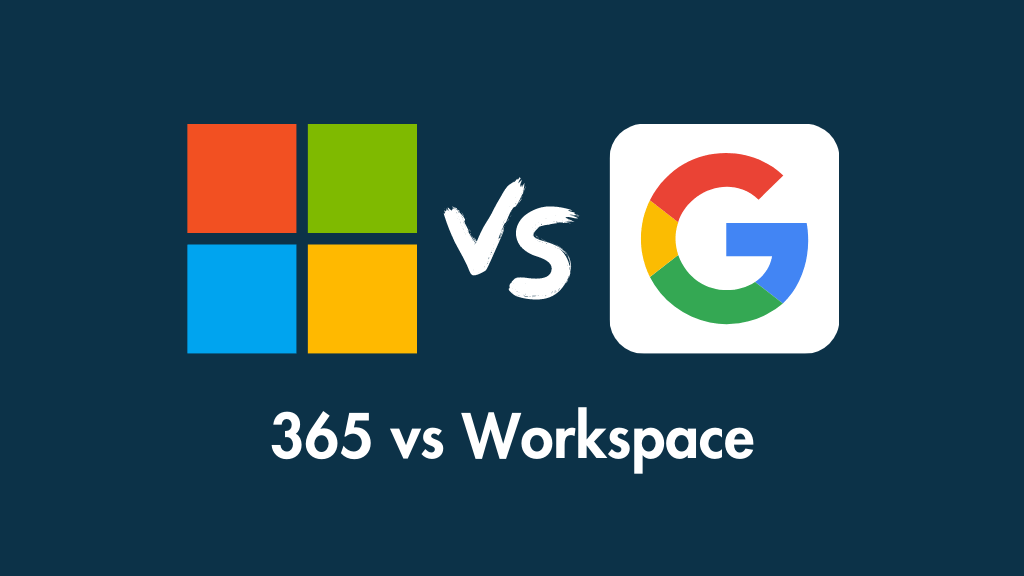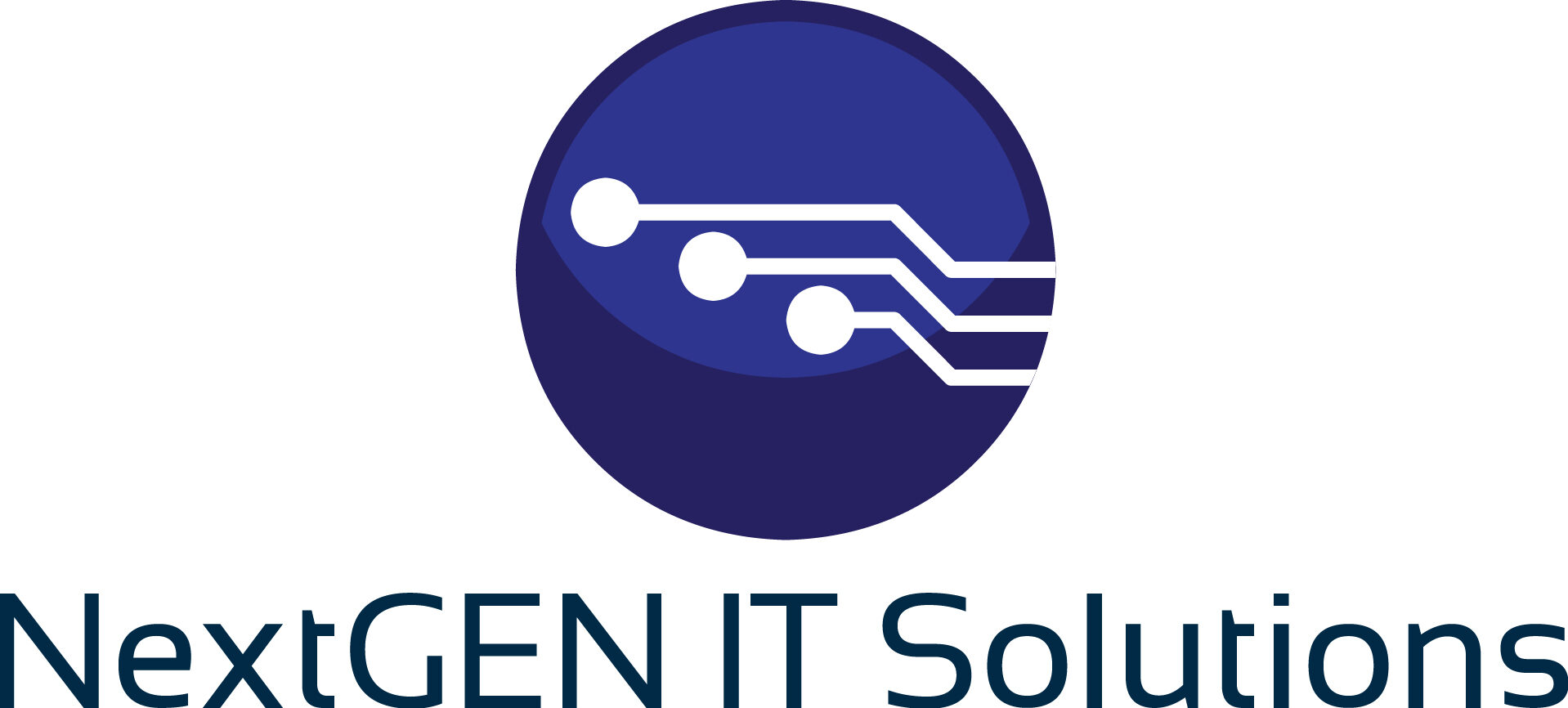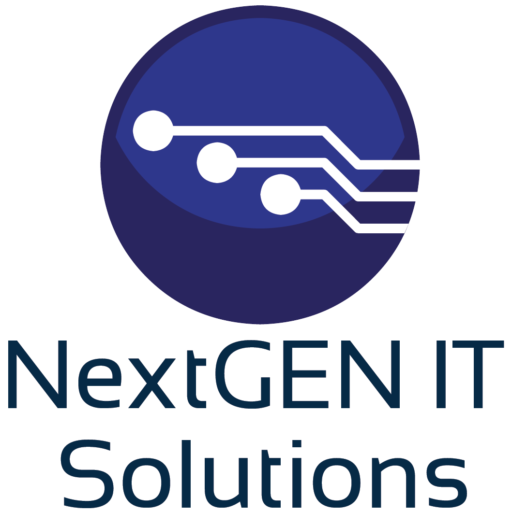Microsoft 365 vs Google Workspace: Which Is Better?

Microsoft 365 vs Google Workspace: Which Is Better for Your Business in 2025?
If you’re a small business making decisions about your productivity suite in 2025, you’re likely weighing one big question: Microsoft 365 vs Google Workspace—which platform is right for you?
Both are powerful, cloud-based solutions offering email, file storage, collaboration tools, and security. But each has its strengths—and the best choice depends on your team’s workflows, industry, and growth plans.
At NextGEN IT Solutions, we help SMBs choose and deploy the right stack for their business. In this guide, we break down the key differences between Microsoft 365 and Google Workspace to help you make an informed decision.
Overview: What Are These Platforms?
- Microsoft 365 (formerly Office 365) is Microsoft’s cloud productivity suite that includes Outlook, Word, Excel, Teams, SharePoint, OneDrive, and more.
- Google Workspace (formerly G Suite) is Google’s competing platform, offering Gmail, Google Docs, Sheets, Drive, Meet, and more.
Both offer:
- Professional email domains
- Cloud-based file storage
- Real-time collaboration
- Admin controls for users and devices
- Built-in security and compliance features
Feature-by-Feature Comparison
1. Email and Calendar
| Feature | Microsoft 365 | Google Workspace |
|---|---|---|
| Email client | Outlook (desktop, web, mobile) | Gmail (web, mobile) |
| Storage | 50–100 GB mailbox + shared storage | 30 GB to unlimited (depending on plan) |
| Calendar | Outlook Calendar | Google Calendar |
Verdict:
Outlook offers more advanced scheduling and shared mailbox capabilities, while Gmail wins on simplicity and UI for casual users.
2. Word Processing, Spreadsheets, Presentations
| App Type | Microsoft 365 | Google Workspace |
|---|---|---|
| Word Docs | Microsoft Word (desktop + cloud) | Google Docs (cloud-only) |
| Spreadsheets | Excel (powerful, data-driven) | Google Sheets (simple, collaborative) |
| Presentations | PowerPoint | Google Slides |
Verdict:
Power users and data-heavy businesses love Microsoft’s desktop apps. But Google wins on collaboration for live document editing in-browser.
3. Collaboration and Communication
| Collaboration Tool | Microsoft 365 | Google Workspace |
|---|---|---|
| Team chat | Microsoft Teams | Google Chat |
| Video meetings | Teams + Outlook integration | Google Meet |
| File sharing | OneDrive + SharePoint | Google Drive |
Verdict:
Teams provides deeper integration across Microsoft tools, while Google’s tools are leaner and easier to use—but lack some enterprise features.
4. Security and Compliance
Both platforms offer:
- Multi-Factor Authentication (MFA)
- Admin device controls
- Encryption at rest and in transit
- Audit logs and alerts
- Data Loss Prevention (DLP) (higher tiers)
Microsoft 365 has more robust tools for:
- Legal holds
- HIPAA, GLBA, NIST, CJIS compliance
- Data governance
- Conditional access policies with Entra ID (formerly Azure AD)
Verdict:
Microsoft 365 is often the better choice for regulated industries and businesses with complex security requirements.
5. Integrations and Ecosystem
Microsoft integrates natively with:
- SharePoint, Dynamics, Power BI, Windows Server
- Microsoft Defender and Endpoint Manager
- 3rd-party business software like QuickBooks, Salesforce, and CRMs
Google integrates well with:
- Chrome OS and Android apps
- Lightweight third-party SaaS tools
- Zapier and open APIs for basic automation
Verdict:
Microsoft’s ecosystem is built for deeper enterprise and infrastructure integration. Google favors startups, creatives, and mobile-first companies.
6. Pricing Comparison (2025 Standard SMB Plans)
| Plan | Microsoft 365 Business Standard | Google Workspace Business Standard |
|---|---|---|
| Monthly Price (per user) | ~$12.50 | ~$12.00 |
| Email Hosting | Included | Included |
| Storage | 1TB/user | 2TB/user |
| Support | 24/7 Microsoft support | 24/7 Google support |
Verdict:
Pricing is comparable, but Microsoft offers more included apps and security features at most tiers.
Real-World Example: Making the Switch with NextGEN
One of our clients, a 25-person construction firm, had been using Google Workspace but struggled with email archiving, Teams integration, and permissions.
We migrated them to Microsoft 365 and:
- Unified their chat, calls, and meetings in Teams
- Centralized file storage using OneDrive and SharePoint
- Set up MFA, email filtering, and device management
- Improved compliance with encrypted email and DLP policies
Result? A more secure, collaborative environment—and better productivity across remote job sites and the office.
So, Which Is Better for Your Business?
Choose Microsoft 365 if you:
✅ Work in finance, legal, medical, or other compliance-heavy fields
✅ Use Excel heavily or need advanced data/reporting tools
✅ Need local desktop apps for performance and compatibility
✅ Want tight integration with Windows, Teams, or SharePoint
Choose Google Workspace if you:
✅ Prefer simplicity and fast browser-based tools
✅ Have a mostly mobile or remote workforce
✅ Run a startup, creative agency, or light-IT environment
✅ Want lower management overhead with less complexity
Final Thoughts: Let Your Business Goals Drive the Tech Stack
There’s no universal “best” between Microsoft 365 vs Google Workspace—just the best choice for how your business works today (and how you plan to grow).
At NextGEN IT Solutions, we help small and mid-sized businesses choose, migrate, and manage the productivity platform that fits their goals and budget. We’re also a Microsoft Partner, meaning we get exclusive tools, pricing, and support on your behalf.
👉 Need help choosing or migrating your productivity tools?
Contact us for a free consultation, or check out our blog for more comparisons and tips.



